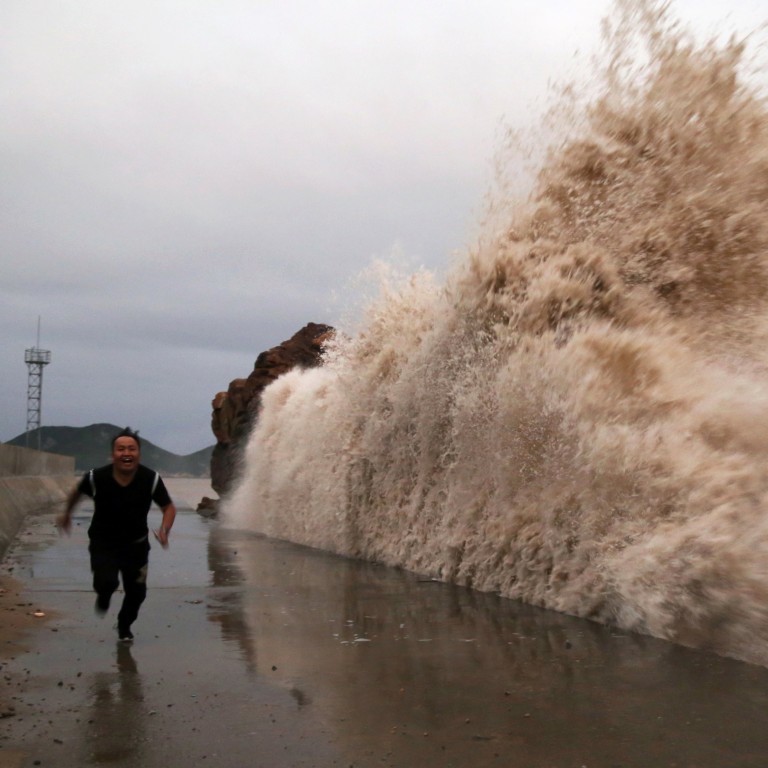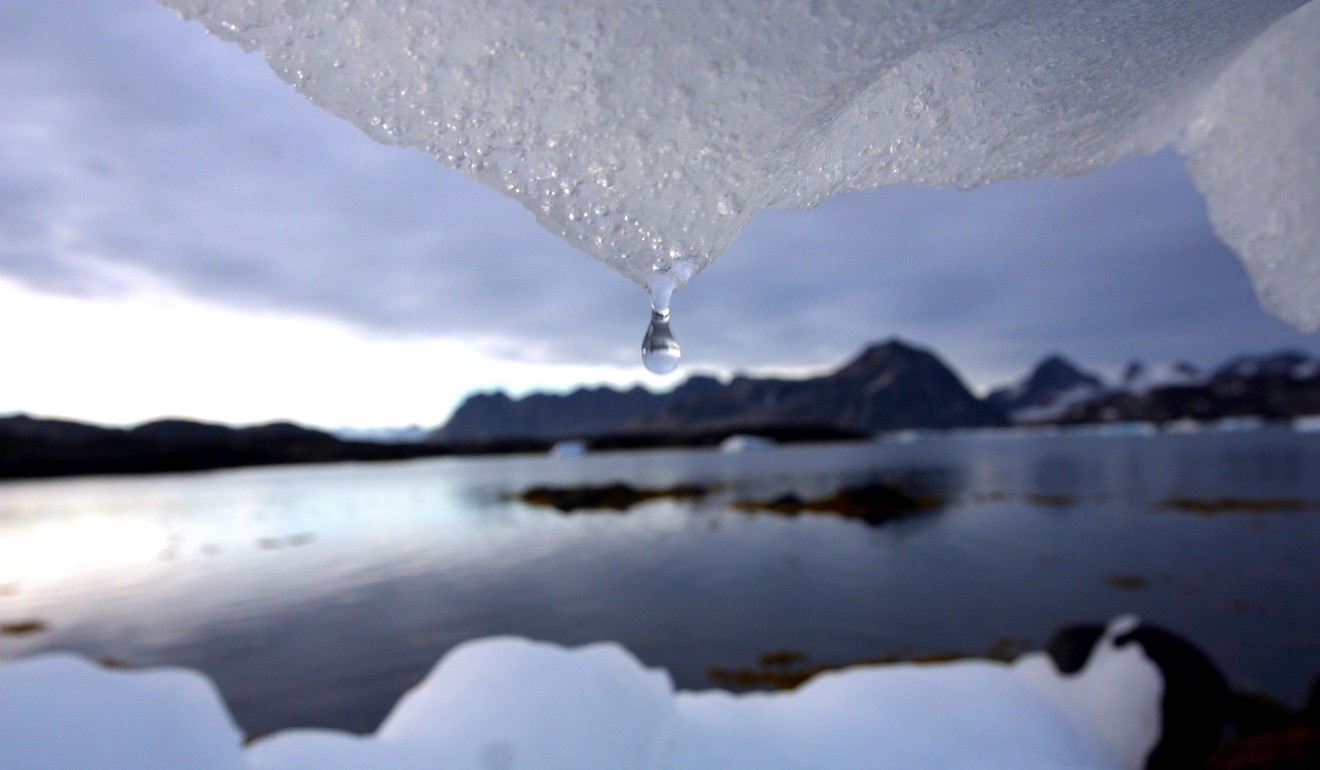
Ocean temperatures to rise four times more quickly in next 40 years, warn US and Chinese scientists
- Last year was hottest on record for ocean temperatures, raising risk of natural disasters and higher sea levels
The oceans are warming up much faster than scientists had previously predicted, substantially raising the risks and magnitude of natural disasters, a team of international researchers has warned.
Last year was the hottest on record for seawater, which is absorbing more than 90 per cent of the heat generated by human activity.
In the next four decades, sea temperatures will rise four times more rapidly than they did in the previous six decades.
Rapid ocean warming could lead to rising sea level rises, threaten coastal infrastructure with more intense storms, and gravely affect the global fishing industry.
Why plight of coral reefs won’t move South China Sea claimants
“The increase in ocean heat will affect the planet’s weather systems by raising the air temperatures and supplying more moisture. Warmer air can hold more moisture – about seven per cent more per degree of Celsius,” said Cheng Lijing, lead author on the study and an environmental scientist with the Chinese Academy of Sciences in Beijing.
“In turn this leads to increases in the intensity of storms and heavy rains.”
Tropical cyclones, such as typhoons and hurricanes, could become stronger and longer-lasting as warming oceans provide more “fuel” to the storms, Cheng warned.
The new research, published in the journal Science, suggests that scientists have been underestimating how fast the oceans are really heating – by about 40 per cent compared with the figures from the UN’s Intergovernmental Panel on Climate Change.

The mismatch stems from the fact that water temperatures rise less than those of sand or dry land when absorbing the same amount of heat.
In general, the oceans have been absorbing about 93 per cent of the heat produced by human carbon emissions.
The researchers were able to measure how much heat the oceans have been absorbing with greater accuracy, thanks by using a fleet of nearly 4,000 floating robots, named Argo, that has been operating around the world since the mid-2000s.
These robots dive to a depth of 2,000 meters every few days to measure the oceans’ temperatures, levels of acidity, salinity and other information.
Scientists say tsunami hit China 1,000 years ago – and risk remains today
The researchers said the findings were a reminder that the oceans are absorbing most of the heat caused by climate change and contradicted modelling that suggested there may be a “hiatus” or “slowdown” in surface temperature rises.
The public usually thinks to rising land surface temperature when talking about global warming, said Cheng, and the impact of warming oceans was less widely understood.
But the researchers warned that in a “business-as-usual” scenario – where no effort was made to reduce greenhouse gas emissions – the temperature in the upper levels of the world’s oceans would rise by 0.78 degrees by the end of the century.
China and Russia perform controversial experiments to modify atmosphere
This would lead to a rise in sea levels of 30cm – without taking into account the significant impact of melting glaciers and ice sheets.
The study was conducted by Cheng with scientists from the University of California, Berkeley, the University of St Thomas and the American National Centre for Atmospheric Research.
“While 2018 will be the fourth warmest year on record on in terms of surface temperature, it will most certainly be the warmest year on record in terms of oceans, as was 2017 and 2016 before that,” said Zeke Hausfather, a co-author of the study of the University of California, Berkeley.

